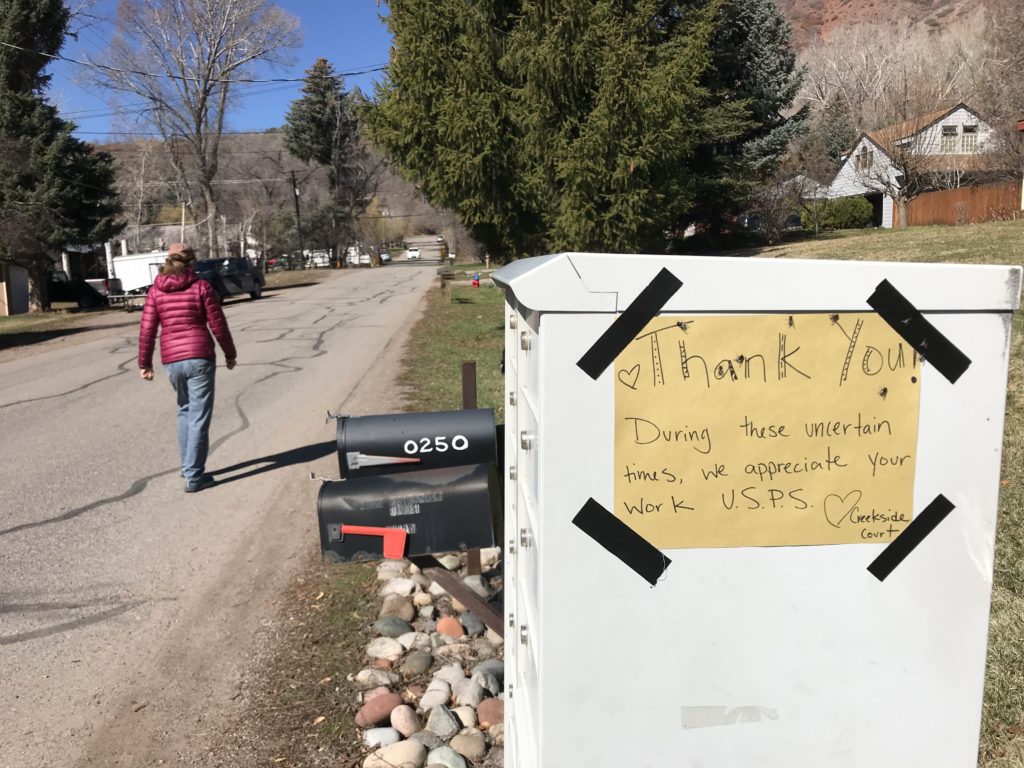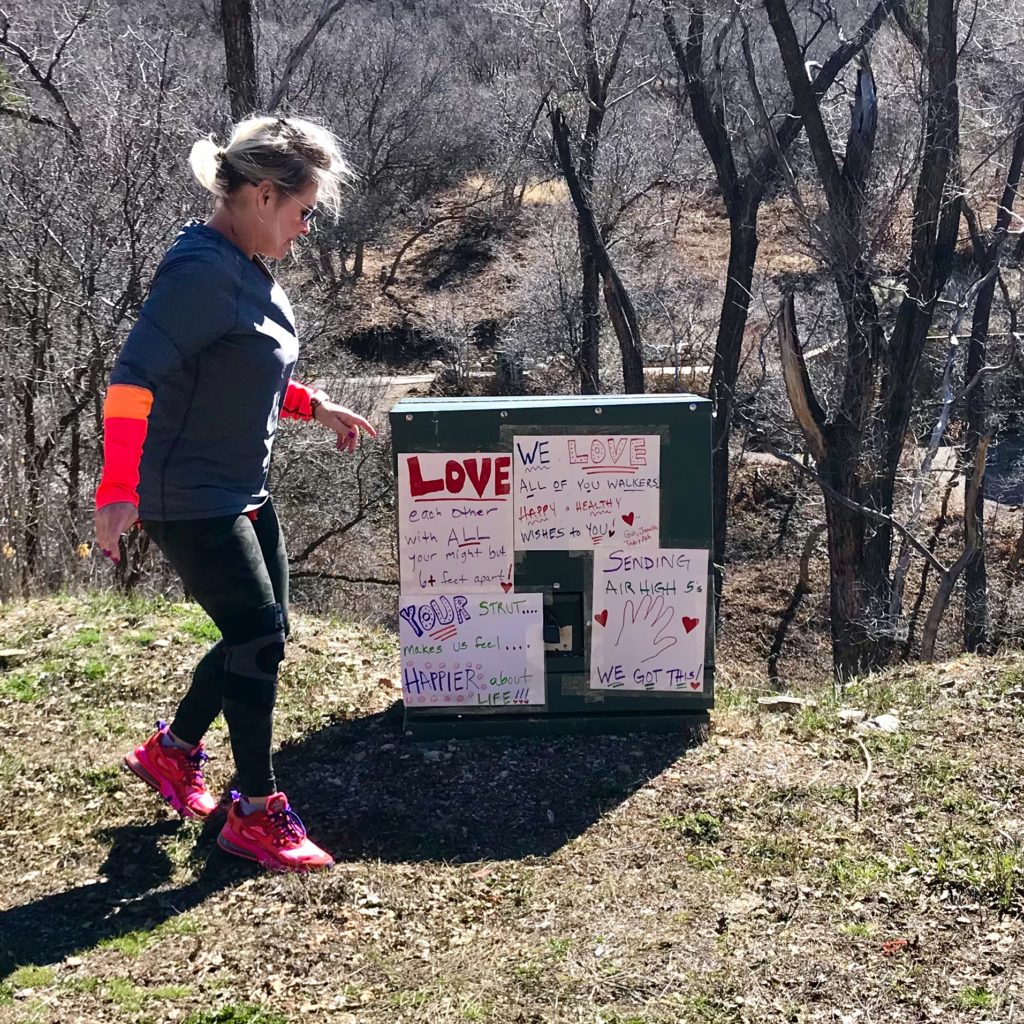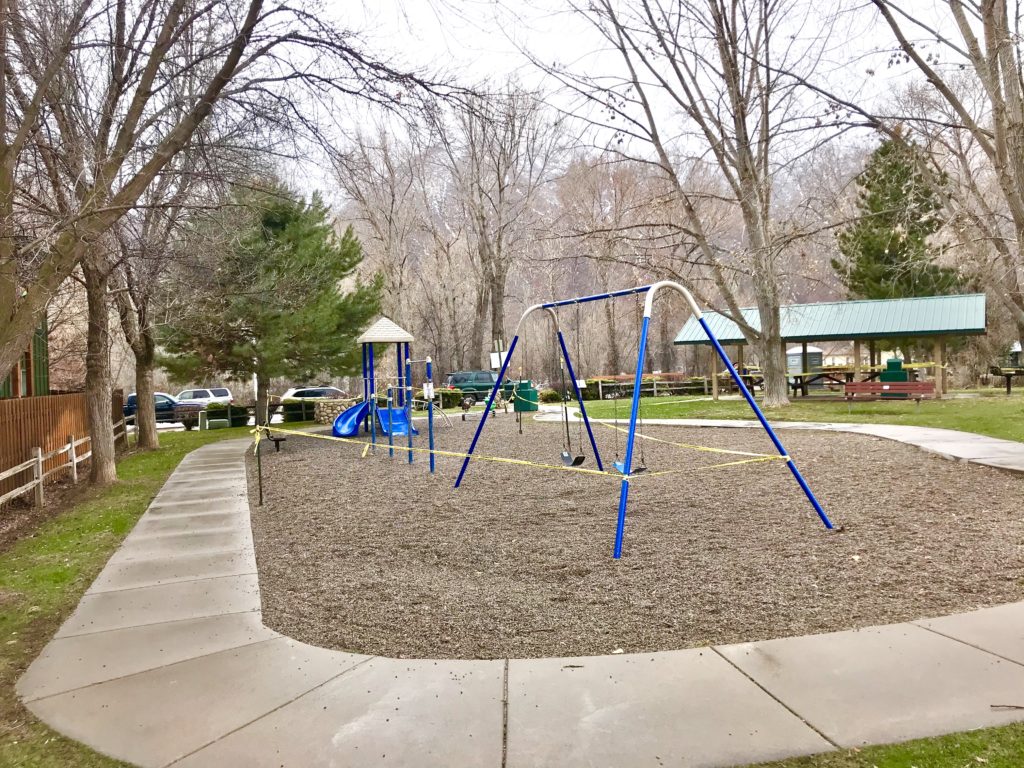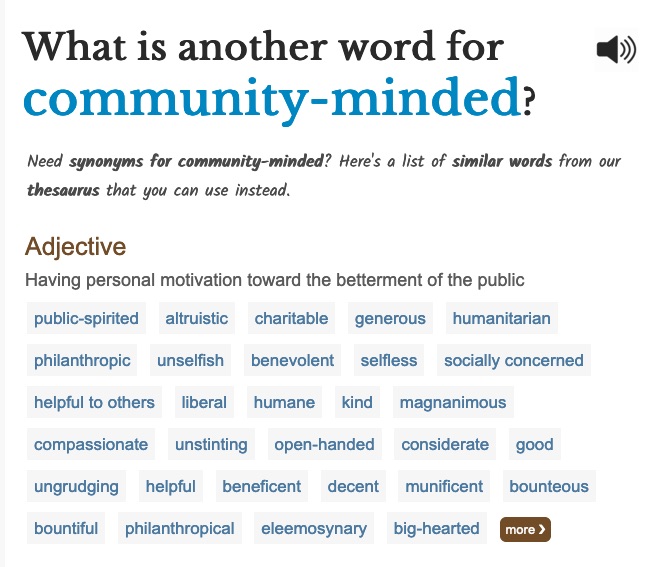Distancing, sheltering, pandemic, covid-19, safe at home, face mask, ventilator, virus testing; these are a few of the terms entered into our vocabulary over the past 4 or 5 weeks. Entering the year 2020, who would have guessed that these would be the most used words in our language. In January and February China struggled with it’s response to the coronavirus (before it was named covid-19). At that point, it was but one headline in the usual fountain of news we have come to expect. And then came March.
- March 13th – a US national emergency was declared.
- March 19th – nearly all US states declared a state of emergency.
- March 22nd – about 1 in 3 Americans were under lockdown with 12 states issuing stay-at-home orders.
- March 26th – Colorado joined the ranks with it’s own stay-at-home order.
Tomorrow will be April 1st. We will be in the 7th day of the Colorado stay at home order. At this point some of the novelty is wearing off and people (even our President) are realizing that we will likely be in this mode for many weeks to come. We are trying to digest and accept the predictions; 4 weeks, 8 weeks, 10 weeks? Suffice it to say that there is no end in sight until there is a downturn in the infection rate. We are watching for glimmers of hope even as our hearts sink for the people on the hospital front line; in New York and New Jersey, Washington, California and other hospitals we haven’t even heard of. All are on alert, many are over run or preparing to be over run.
Meanwhile, in homes across the country people are trying to establish new routines within restrictions. Many people I have talked with describe this experience as surreal. And it’s no wonder. We are fighting an enemy that we cannot see. An enemy that requires knowledge beyond what most of us have. We’re dependent upon the knowledge of scientists and experts in disease around the world. Their advice has become invaluable to our leaders and government, guiding them to make hard choices. Reluctantly the “choice” is to restrict choice; to restrict our freedom for our own good and for the greater good.
Here, in my neighborhood, we are abiding by the restrictions even as we try and locate the boundaries. We are staying in and around home, doing home improvement projects, working in the yard, taking walks, and shopping when we have to. Even though these are routines we are familiar with, they have taken on a new feel and they come with new limits. No longer are we fitting home activities into our busy work and social lives. No longer are we spending time planning the next vacation or family holiday party. No longer are we worshiping in person with our chosen congregation (sangha for us Buddhists). We are trying to be creative, to connect with others, to be productive within the physical limits of home.

This slowdown, these restrictions, along with the steady stream of news bulletins also bring angst, a feeling of loss and dread. First we know that there ARE people dying. There are people risking their lives for our health. There are people without jobs and all the loss that will come. We are pained by the sickness, chaos and loss that surrounds us… while we stay at home.
This is a test of our collective mettle. It is a test of our creativity and determination. Can we find ways to meet our needs (economic, psychological and social) and support people in need from the confines of our homes? Can we be patient over the long term, with our family, with the best advice from our leaders? Can we find appreciation for each other?

As this crisis continues into the weeks and months ahead, how will we manage our emotions? Sadly, Americans are prone to blame when things get rough. Can we hold our leaders accountable (as we should) while staying focused on our personal responsibility to make things better?

It is time for people to support one another, locally and worldwide, business and government. With our aspirations, our money and our time, we can stay informed and contribute to our recovery. We are learning that the health and welfare of the individual has an impact on the welfare of our country. I hope concern for others will spring from the confines of our isolation.

